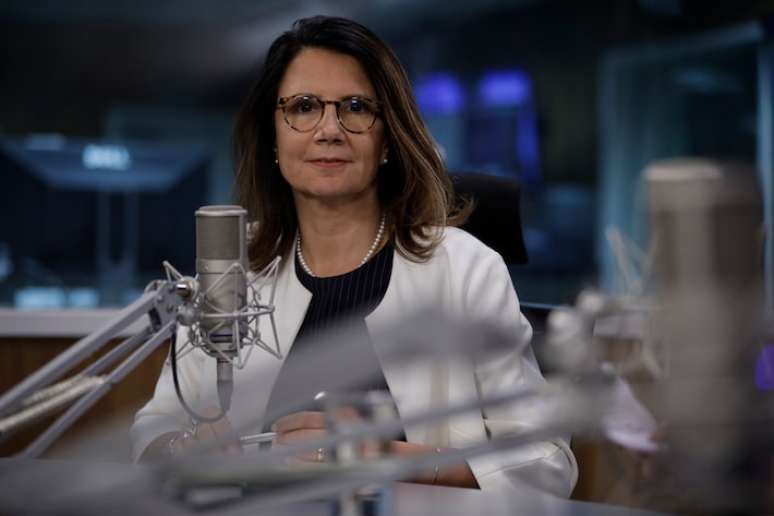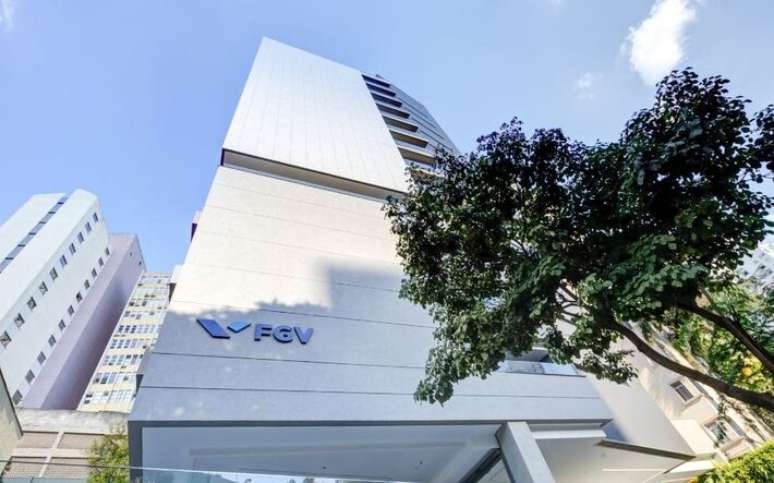At the launch of FGV Clima, the national secretary for climate change said that accelerating the studies could facilitate the taking of “difficult decisions” in the management of climate change
In Brazil, intervention strategies in climate change must impose difficult decisions on public and private organizations related to interventions on industrial operating models adopted over the years. The change of direction depends not only on the observation of environmental aspects, but also on technical-economic studies, which still have to advance in the country and respond to the needs of its geographical specificities.
The view was shared by the national secretary for climate change, Ministry of Environment and Climate Change (MMA)Ana Tonini. The manager spoke about the topic on Monday night, 2, in the capital of São Paulo, during the launch seminar of FGV Clima, a new applied research center of the Faculty of Economics of São Paulo. Getulio Vargas Foundation (FGV ESSP), aimed at addressing the climate crisis in Brazil.
“In climate science, we will have to make very difficult decisions,” Toni said. “Exploring for oil in Foz do Amazonas, stopping deforestation… these are very difficult choices, both for the private and public sectors. But, in addition to social and environmental evidence, there has to be economic evidence. Without that, you can’t take the best stance.”
During the event, the manager praised the initiative of FGV Clima, arguing that in Brazil, economic research focused on climate is “lagging behind” in the country and that the work proposed by the institution could intervene in this aspect.
The institute’s research team will be responsible for providing technical support to the federal government in preparing the National Energy Transition Plan (Plante).
“The production of economic research (focused on climate), especially in Brazil, is late. Usually the private sector and the academic world come before the government. And at that time the impression is that the government was alerted (Before) to the economic theme of climate change in a decisive way. I am happier and happier (To be) academic economic centers that come together to contribute to this process.”
One of the areas that can be improved by applied research, Toni says, is the prediction of how much should be invested in strategies related to the climate agenda and also how high the costs will be generated when there is no action in the face of climate change.
“Since the beginning of the government, we have been thinking about economic mechanisms, such as the carbon market, the taxonomy, funds and sovereign bonds, Climate FundEco Invest and other tools that were not part of the government’s menu before. We have made an effort to think about these mechanisms, but, of course, they need to be thought about and tested in the academic world.”
Toni added that in other countries it is not common for a ministry of the environment to have a ministry of finance as a great ally. For her, in Brazil, this is a differentiator and shows a favorable alignment to encourage this research. “We understand that the issue of climate change is essentially a question of socioeconomic development. The symbolism of this synergy between ministries shows the understanding of climate issues as, yes, economic ones.”
Climate FGV
Based in São Paulo (SP), the recently launched FGV Clima brings together economics professionals to research and contribute to the advancement of climate-related economics in Brazil. According to the creative team, the initiative seeks to fill one of the gaps highlighted by Toni, regarding the need to include economic issues in debates on the climate crisis.
“What makes the center different is its focus on climate economics,” says the center’s co-founder and scientific coordinator, Clarissa Gandour. “Economics can make a huge contribution to climate action. However, economists have not been so actively involved in these discussions and especially in decisions on the subject in Brazil.”
FGV Clima’s executive coordinator and co-founder, Amanda Schutze, says the new center’s mission will be to strengthen Brazilian climate action and promote the country’s socioeconomic development in an equitable and sustainable way, involving a variety of actors. interested parties (interested parties). The idea of the new center is to make the skills of the institution’s economists available to provide scientific support to intervention strategies in the climate agenda.
“We intend to use all the theoretical and empirical tools of economics to produce very solid and high-quality technical knowledge. If we want evidence-based climate action, we need to produce technical knowledge, and this will serve as a basis for politicians and public and private managers to make informed and effective decisions.”
Support for the National Energy Transition Plan is the first project undertaken by the team of experts, says Schutze. To prepare the document, the team involved will write technical reports on the oil and gas, electricity, minerals, transport and industry sectors. In addition, there will be workshops to involve the agents involved in these markets.
The work is funded by the philanthropic organization Instituto Clima e Sociedade (iCS), which supports the new research center. According to the head of climate policy at iCS, Walter de Simoni, the total amount invested in the initiative was R$ 1.6 million and it is expected to last a year and a half.

Source: Terra
Rose James is a Gossipify movie and series reviewer known for her in-depth analysis and unique perspective on the latest releases. With a background in film studies, she provides engaging and informative reviews, and keeps readers up to date with industry trends and emerging talents.


![Un Si Grand Soleil preview: Tuesday, November 4, 2025 episode recap [SPOILERS] Un Si Grand Soleil preview: Tuesday, November 4, 2025 episode recap [SPOILERS]](https://fr.web.img3.acsta.net/img/6f/6d/6f6dc689d8fd8b69af5b4d56af2890e5.jpg)



